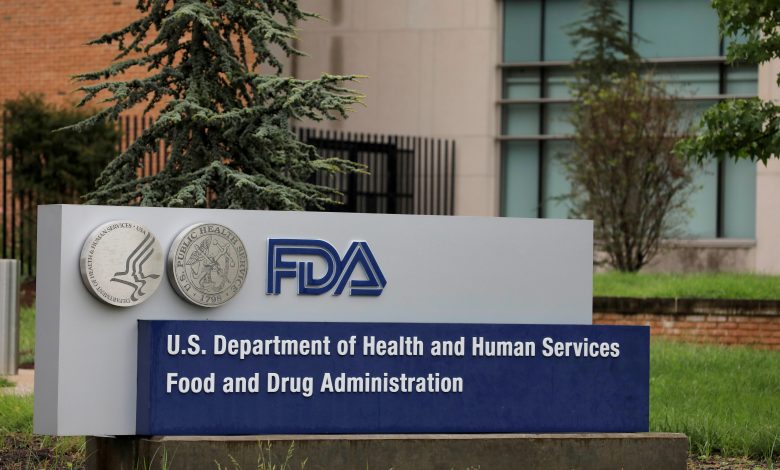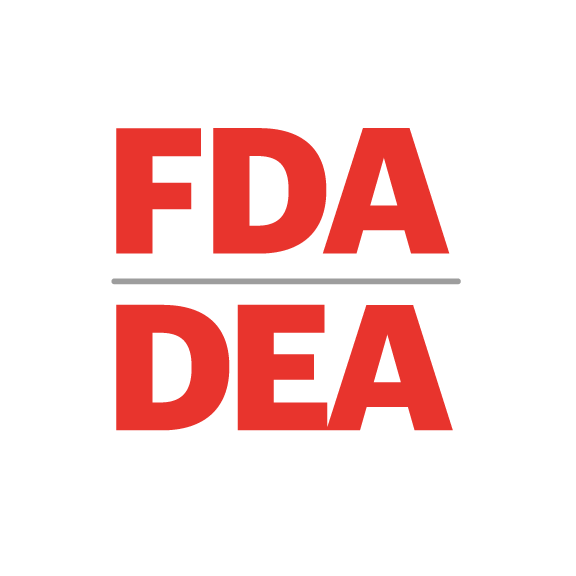FDA & DEA Push Pharma Companies to Scale Up ADHD Meds Production

Rising demand for prescription stimulants has triggered an ongoing shortage, prompting federal authorities to intervene and urge drug companies to increase their production of these medications.
In a collaborative effort, the U.S. Food and Drug Administration (FDA) and the U.S. Drug Enforcement Administration (DEA) have jointly requested pharmaceutical companies to ramp up their production of these drugs. While the FDA and DEA lack the authority to mandate drug production or distribution changes, they are working closely with various manufacturers and stakeholders in the supply chain to comprehend the reasons behind the shortages and develop strategies to mitigate their impact.
In response to the frustrations experienced by patients and their families due to the scarcity of certain medications, the agencies have also called upon prescribers to exercise careful monitoring of their prescribing practices.
The shortage of prescription stimulants was partially precipitated by manufacturing delays from one drugmaker in the previous fall. Furthermore, the demand for these medications among adults spiked during the pandemic, as indicated by a report from the U.S. Centers for Disease Control and Prevention (CDC).
One medication that faced a shortage is Adderall, a commonly used drug for individuals with attention deficit hyperactivity disorder (ADHD). The DEA imposes limits on the production of stimulants, but it has been observed that manufacturers have not been reaching the maximum allowable limit. An analysis conducted in 2022 revealed that manufacturers were approximately 30% below their production quota.
To address this issue, the DEA is requesting manufacturers to relinquish any unmet quotas, enabling the agency to redistribute them more effectively. Moreover, the DEA is committed to reviewing and enhancing the quota process to better align with the prevailing demand.

In addition to tackling the shortage, the joint letter highlights the prevalent misuse of prescription stimulants and calls for expedited efforts to accurately diagnose and treat ADHD. The authorities express their intention to consider further actions to prevent the non-medical use of these drugs and to enhance the understanding and fortification of the supply chain.
The ultimate objective of these efforts is to ensure that individuals who genuinely need stimulant medications receive them based on sound clinical knowledge while discouraging their unnecessary use when not indicated. By collaborating with various stakeholders, the FDA and DEA aim to find sustainable solutions to the ongoing shortages and ensure the appropriate and responsible use of these essential medications.





